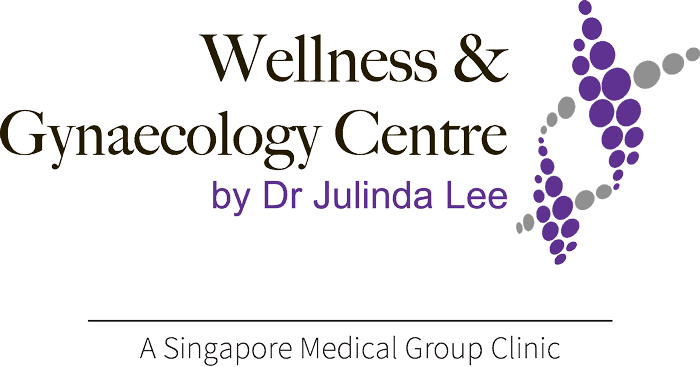
What’s Happening to Your Hormones
Menopause represents the end of a woman’s reproductive life. Girls are born with a fixed number of immature egg cells in each ovary. Over the course of the reproductive lifespan the brain, or more accurately pituitary gland, communicates with the ovaries. Hormones are released from the pituitary gland which stimulate egg development. Egg development results in the production of estrogen.
Estrogen acts on the estrogen receptors and is responsible for all the things that make a woman: breasts, good skin, luxuriant hair, sex drive and our maturing nature. Estrogen is also necessary for the calmness in our moods, regulating body temperature, good restful sleep, healthy bones and supple joints and healthy blood vessels.
Historically, a diagnosis of menopause was made when a woman stopped having periods for 12 months. Without blood tests or ready access to ultrasound, the 12 month limit would exclude pregnancy as a cause of not having periods! However, prior to this archaic diagnostic criteria for menopause, women would already be experiencing many symptoms as they transition into the menopause. These symptoms can be due to a decline in estrogen levels, usually due to a decline in egg numbers, or an imbalance between estrogen and progesterone. Progesterone is the hormone that is produced by the ovary after an egg is released at ovulation to try for pregnancy. As egg quality declines, ovulation becomes less consistent or less progesterone is produced.
Even when women are still having regular periods, they can still experience symptoms related to hormone change. These may include changes in the menstrual flow, out of cycle bleeding, increasing premenstrual tension, mood swings, depression and anxiety. There is often also a decline in sexual interest. Skin can lose it’s healthy glow and there can be an increase in scalp hair loss as well as acne. Sleep quality can be affected with more difficulty maintaining deep sleep. There is also a greater tendency to experience musculoskeletal issues such as joint stiffness and pain as well as inflammation of tendons and ligaments. Hot flushes and night sweats the most classical symptoms of menopause tend to become more severe as estrogen levels decline.
Due to the interaction of female hormones with other bodily systems and hormones, not every woman will experience the transition into menopause and menopause in the same way. Stress, a poor diet, insufficient sleep and exercise can contribute to the severity of the symptoms.
Dietary and lifestyle modifications may help the transition into menopause. In some women, plant hormones also known as phytoestrogens, may help with hot flushes but not many of the other symptoms. Some women will however only improve with the use of hormone replacement therapy.


